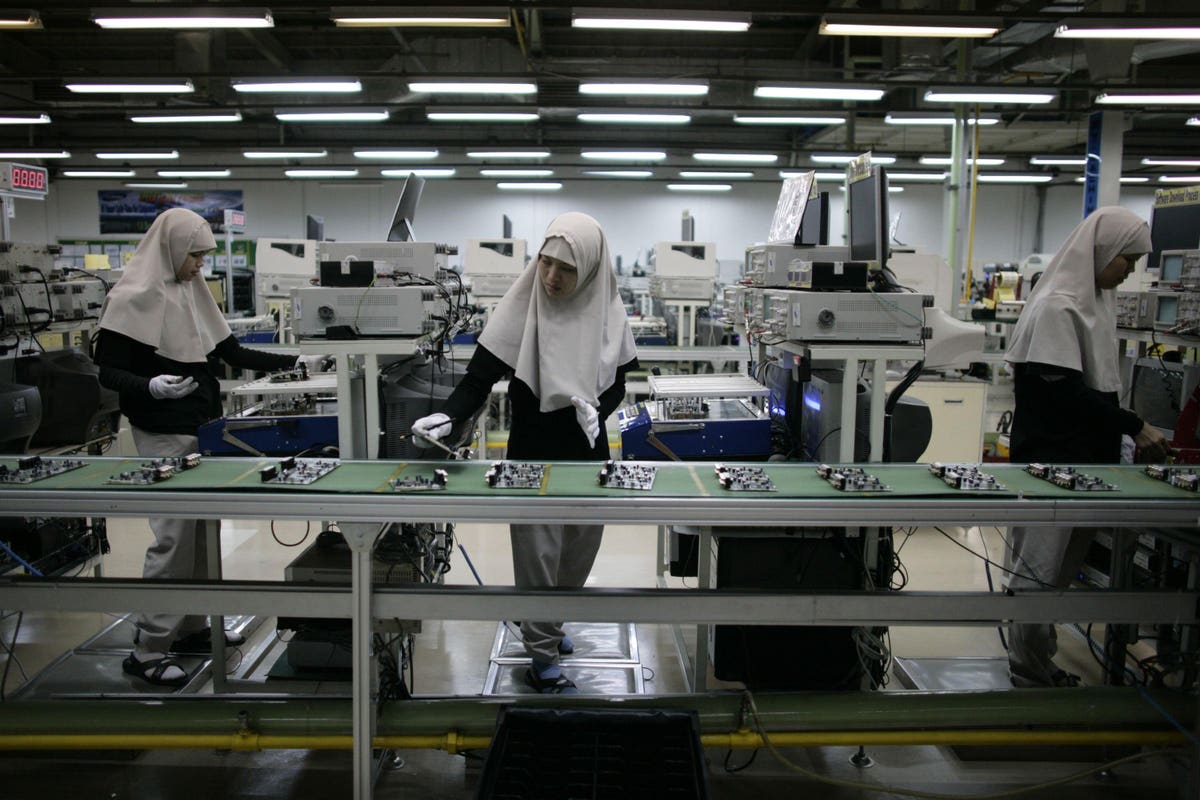There has been no shortage of predictions about the different consequences of the recent Article Intelligence Boom (AI Boom). While skeptics focus on how AI will spread more viruses around the world, optimist explain that AI will help us develop more vaccines. The reality is that the impact of this unprecedented scope and speed of change will have different effects on various communities, industries and even planets. One thing is crystal clear: it will make the bad actors more dangerous and empower the good actors to reach more people who need their help.
In the context of international business, all stakeholders need to reconsider their roles in the investment process and how these changes will affect their business model in the short and medium terms. Three areas of international business projects that will experience the most significant change are governance, production and risk management. In order to understand how AI will affect international business projects projects, it is helpful to ask and answer three main questions.
• Who is the stakeholder and what are its objectives?
• How does the technological revolution change the relevance of these variables
• Who is the stakeholder and what are its objectives?
Who is the stakeholder that we are focusing on and what are its objectives?
There are many different stakeholders in international business transactions. While host governments and multinational companies are the two most prominent parties in FDI projects, there are many other players who are affected by the process. For example, local communities where the project takes place and the non-government organizations that represent them are two alternative stakeholders that are impacted by FDI projects. In order to determine how the AI Boom will affect specific stakeholders, each participant must identify his/her role and its primary objectives in the process.
US-based Company Fleet Electronics, a hypothetical company in the electronics industry, is making a decision about where to establish manufacturing facilities in two of five emerging and frontier markets. While the company has experience in overseas manufacturing, it is trying to determine its overall cost savings by locating its facilities abroad. This analysis requires exploration of how the AI Boom will affect its ability to make the product halfway around the world and export it do three continents around the world.
What factors are normally used to determine the stakeholder’s ability to achieve objectives and how will the AI Boom affect that model?
While the stakeholder’s role in a foreign investment project helps determine its primary objectives, the identification of its objectives helps determine which aspects of the host country’s investment climate are most important.
Fleet’s expansion decisions focus in part on risk and costs. For this reason, it looks at minimum wages in potential host countries, the influence of unions in labor relations, and the graduation rates of college students in potential host countries. When the company finds a country that meets its requirements in these three categories, it initiates plans for expansion. The AI Boom will change the way in which existing criteria are used to examine potential host countries and the type of criteria examined.
How does the AI Boom change the relevance of these variables?
In addition to transforming business processes, the unprecedented scope and velocity of the AI Boom will change the way that foreign investors select locations and methods business expansion. The due diligence process comprises consideration of how the AI Boom will impact project profile and how much project-specific characteristics will determine the extent to which external factors and technological innovation affect the decision model. In some cases, the AI Boom will alter the way in which country indicators are explored. In others, innovations will overhaul the due diligence process by changing which indicators are used to make short- and medium-term decisions.
Fleet’s analysis about the impact of the AI Boom will focus on the direct and indirect effects of AI automation. Direct effects analysis will ask one primary question: will manufacturing jobs for electronics be replaced by machines that produce electronics more efficiently than human beings? If so, then Fleet’s primary motivation for focusing on production in less developed countries will vanish. If machines can replace these jobs, Fleet will strongly consider production in the US. In the event that the manufacturing process cannot be automated, Fleet’s analysts will focus on the indirect effects of artificial intelligence (AI). The indirect analysis requires consideration of how AI will affect wages, labour relations and education statistics in developing countries where they might set up. For example, AI’s replacement of employees in a given industry will produce an excess supply of labour, and consequently, minimize the negotiating power of workers. As a result, many experts argue that the changes triggered by AI will favor providers of capital over labour.
This framework does not pretend to forecast all country and industry-specific changes. Nor does it provide data that points to an irrefutable conclusion. Rather, it provides a roadmap to help stakeholders in foreign direct investment projects make smarter decisions. By applying the framework, investors and governments and other stakeholders can use objective data to contemplate how the AI Boom will influence their plans.
Read the full article here




